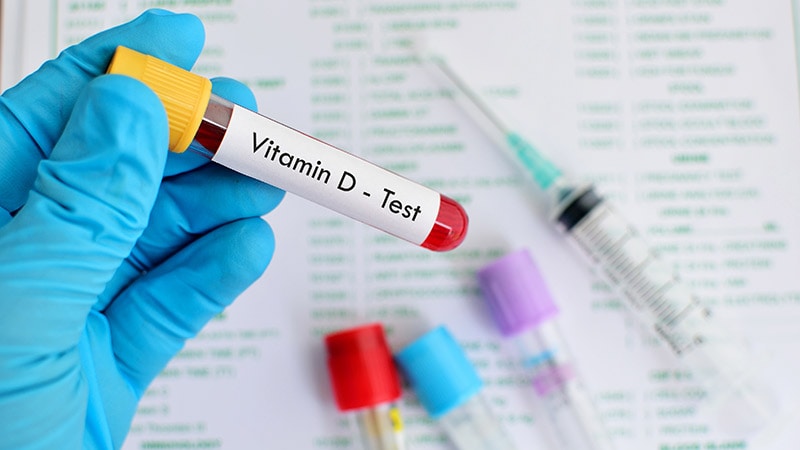The research suggests that vitamin D levels do not have a substantial impact on the clinical features of eosinophilic esophagitis (EoE) in adults. The study analyzed data from patients with EoE and control participants, comparing vitamin D levels and their association with clinical, endoscopic, and histologic measures. While lower vitamin D levels were observed in patients with EoE, deficiency rates were similar between the EoE group and controls. The study highlights the need for further investigation into the role of vitamin D in EoE treatment response and the potential impact on disease progression.
Customize Summary
Rewrite with AI
Generate Citations
Translate Source
To Another Language
Generate MindMap
from source content
Visit Source
www.medscape.com
Vitamin D Not Tied to Clinical, Histologic Features of EoE
Key Insights Distilled From
by Marilynn Lar... at www.medscape.com 03-08-2024
https://www.medscape.com/viewarticle/vitamin-d-not-tied-clinical-histologic-features-eoe-2024a10004hr
Deeper Inquiries
